16 Stunning Alex Murdaugh Murder Trial Revelations, as Prosecutor Makes Closing Argument
The lead prosecutor gives a no-holds-barred account during his closing arguments.
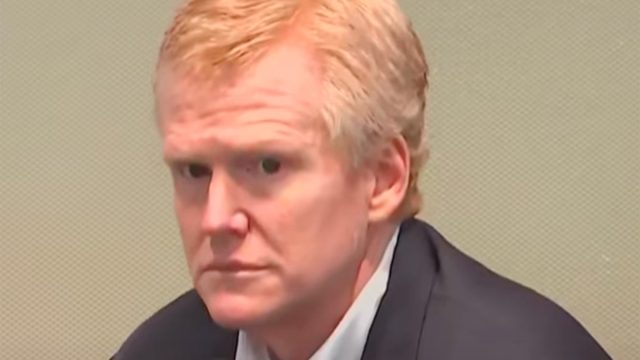
After weeks of testimony, the trial of Alex Murdaugh is coming to an end. After jurors were given a tour of Moselle, the hunting property where Maggie and Paul Murdaugh were murdered on June 7, 2021, jurors returned to the courtroom for closing statements. “You have heard all of the testimony, received all of the evidence, and visited the scene of the alleged crimes,” Judge Newman told the jurors inviting lead prosecutor Creighton Waters to sum up the state’s case.
During his closing arguments, the South Carolina attorney gives a no-holds-barred account of exactly what he thinks went on the early summer evening the mother and son were “brutally and maliciously murdered at the kennels by the defendant, Alex Murdaugh.” He continues: “After an exhaustive investigation, there is only one person who had the motive, who had the means, who had the opportunity to commit these crimes, and also whose guilty conduct after these crimes betrays him.” Here is why he did it, according to the Waters.
Alex Had Been Stealing for Years, Prosecutor Claims
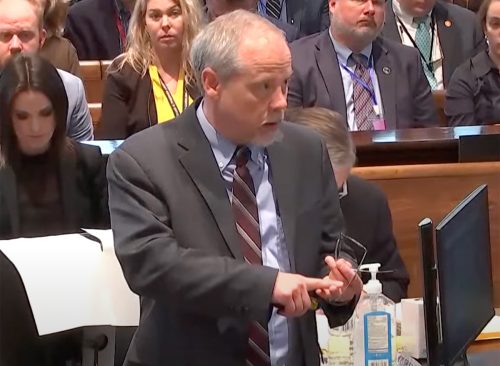
Waters maintains that Alex got in over his head with his stealing. According to the prosecutor, while it all began with Murdaugh stealing from his personal injury clients, things got worse when he stole from the family of his housekeeper, Gloria Satterfield, who died after falling in his home. After Paul’s boat crash and civil cases began piling up, and his partners started getting wind of what was happening, the prosecutor claims the pressure started mounting.
It Escalated Into a Ponzi Scheme-Like Situation, Prosecutor Claims
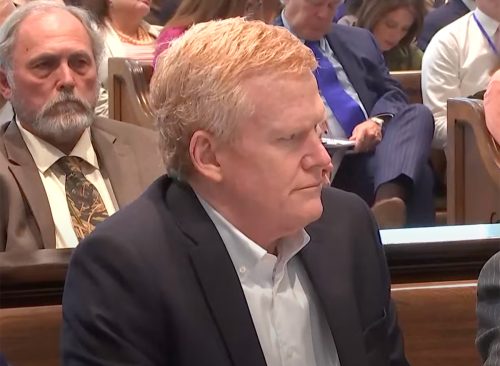
Waters likens the situation to a Ponzi scheme, saying he was on a “constant hamster wheel” of debt and theft for over a decade. “The stress and the pressure of that would have been extreme because it has been going on so long, always staying one step ahead.” If you stop stealing, it “crashes and burns.”
The CFO Claims She Confronted Him Hours Before the Murders
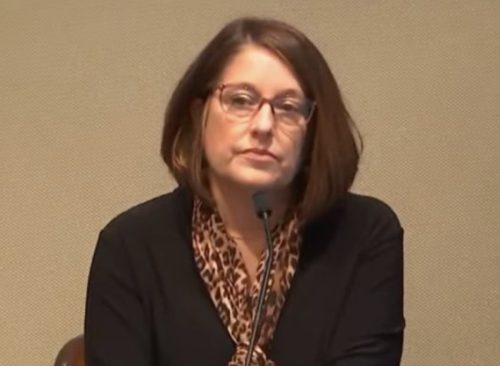
The lead prosecutor points out that the same day Paul and Maggie were murdered, Alex was confronted by Jeanne Seckinger, CFO of The Parker Law Group. Seckinger testified earlier that Alex “stole” hundreds of thousands of dollars in fees from the law firm and millions by depositing settlement checks into an account he controlled. The firm is currently paying the money back to clients, “Because Alex Murdaugh stole it,” Seckinger said in her testimony.
Paul and Maggie’s Murders Took the Heat Off Alex, According to Prosecutor
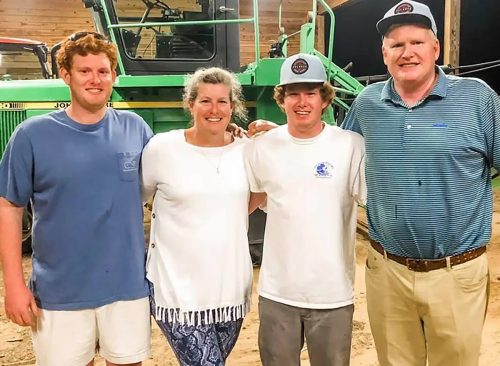
Also, according to Waters, Alex’s father’s health was ailing, so he couldn’t rely on him to bail him out as he had in the past. “On June 7, when all those pressures were mounting, the defendant killed Maggie and Paul,” says Waters.
“The timeline puts him there. The forensic timeline puts him there.” He points out the plan was working just how Alex probably hoped. After the murders, “It’s a different world,” the prosecutor says, as Murdaugh’s investigations are put on hold and the boat crash hearing canceled. “Everyone immediately rallies around Alex Murdaugh.”
When the Heat Was Back On, He Staged Another Crime, Prosecutor Claims

Months after Maggie and Paul were murdered, and the heat began to return (Alex is fired and confronted by Chris Wilson, his friend, who accused him of stealing from clients), he staged the side-of-the-road shooting, the prosecutor claims. “When accountability was at his door, Alex was a victim again,” Waters says. However, this time his story started falling apart quickly, which is when he went to rehab and confessed he made everything up.
Alex Was Addicted to Drugs – and His Family Was On His Case, According to Prosecutor
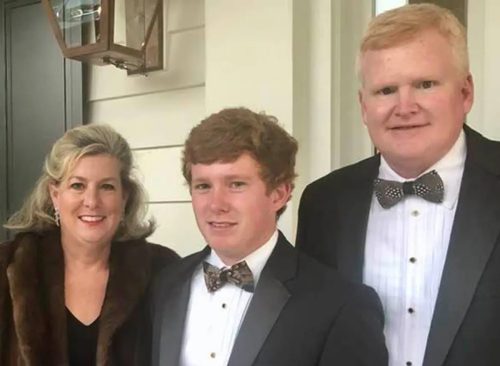
Waters brings up Alex’s opiate addiction and says that Maggie and Paul were putting pressure on him. Even “little detective” Paul was “watching him like a hawk.” He also notes that Alex testified he would do “almost anything” to stop withdrawal symptoms.
Alex Had Access to the Guns, Prosecutor Claims

Waters points out that Alex Murdaugh had access to family weapons, specifically the exact .300 Blackout model, which the defendant “couldn’t account for,” that killed Maggie. “A family Blackout killed Maggie. It was present just a couple of months prior to the murders, and it’s gone now. A family weapon the defendant cannot account for killed Maggie,” Waters says.
He adds that Paul was killed by a shotgun, pointing out that Alex’s favorite shotgun, a Benelli Super Black Eagle 12-gauge shotgun, also went missing. “Family weapons killed these victims,” he says. “The defendant had the means to commit these crimes.”
GPS, Cellphone Data, and Even a Video Put Him at the Scene of the Crime, Prosecutor Claims
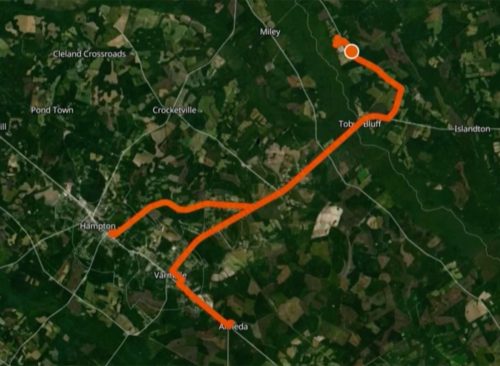
Waters also brings up the cold, hard cellphone data and GPS data that establish the victims’ time of death and puts Alex at the crime scene during the window in which Paul and Maggie were killed. He also brings up the kennel video in which Alex’s voice is heard.
Alex Lied About Being at the Kennels, Prosecutor Claims
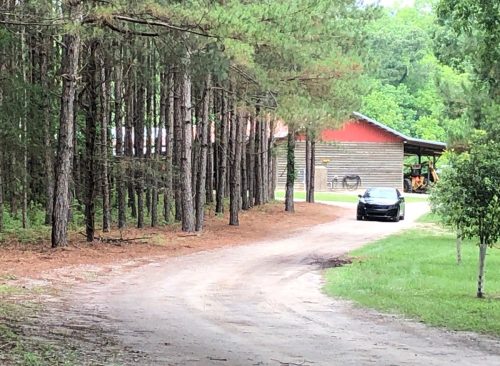
Before Alex knew about the kennel video, he lied about being there. “Why in the world would a reasonable innocent father and husband lie about that and lie about it so early?” Waters asks. “Why would he lie about that, ladies and gentlemen? Why would he even think to lie about that if he was an innocent man?”
Neither Victim Had Defensive Wound, Prosecutor Points Out
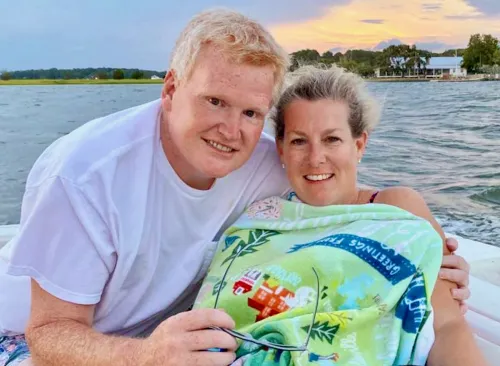
Neither Paul nor Maggie had any defensive wounds, Waters points out. He says that neither Paul nor Maggie has defensive wounds, as there was no indication of a threat. “Why? Because it’s him,” he says. Waters says that Maggie is “running to her baby” when Alex shoots her.
Prosecutor Asks, Why is Alex suddenly in Hurry?
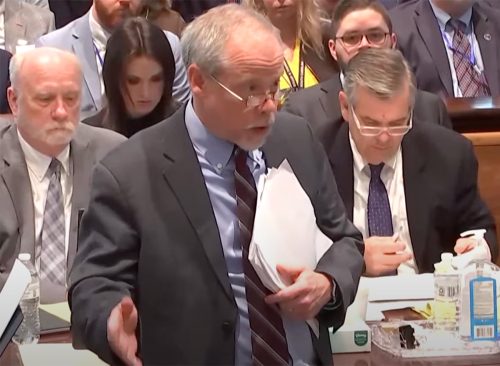
Waters maintains that the murders happened between 8:49 pm and 8:53 pm and that after, Alex took all his clothes off, washed himself off with a hose, and took the golf cart back to his home. According to the prosecutor, after not moving his phone for an hour, at 9:02 pm there is movement, and until 9:06 pm is “as busy as he’s ever been” and moves 250 steps while making calls to Maggie. He says this was all part of him manufacturing an alibi. “What’s he in a hurry about?” Waters asks. “Why’s he in a hurry? Because he knows he has to compress that timeline.”
Alex Throws Maggie’s Phone Out the Window, Prosecutor Claims
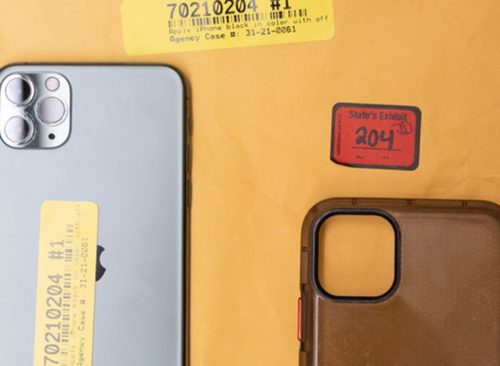
Waters also points out that right after Alex leaves the house, there is an orientation change on Maggie’s phone – exactly when he is driving 42 miles an hour passing the spot where her phone was found.
He Manufactured an Alibi, Prosecutor Claims
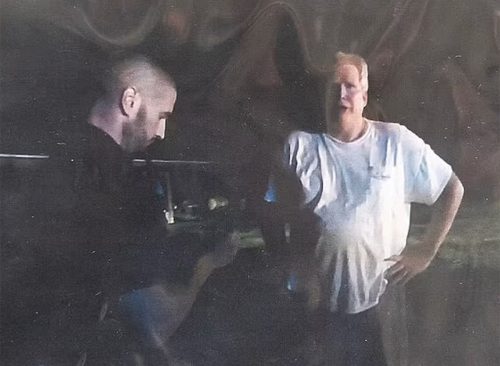
From driving to see his parents to calling Paul and Maggie’s phones, everything Alex did was calculated, Waters says. “He’s manufacturing an alibi. He’s smart. He’s a good lawyer. His family has a history of prosecution. He understands these issues,” he says. “He knows what to do to try to prevent evidence from being gathered.”
Murdaugh Has a Serious History of Lying, Prosecutor Claims
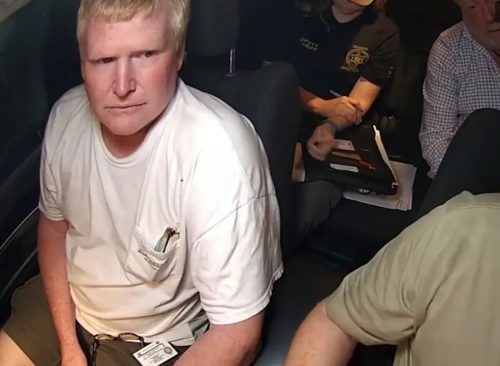
Waters shows the jury footage of Murdaugh’s first interviews, showing how flawless and easily he lied. “Look how easily he did it,” he says. He mentions that Murdaugh said he was distrustful and paranoid about SLED. “Is that an aggressive interview? Is that something that would make somebody paranoid?” he says.
The Defense’s Theories Aren’t Plausible, Waters Says
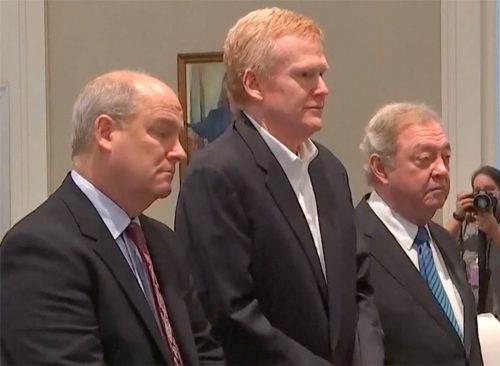
Waters reiterates that the defense’s alternative explanation – two 5’2” random vigilantes retaliating against the family for the boat crash – is preposterous. “We couldn’t bring you any eyewitnesses because they were murdered,” he adds. “But common sense and human nature can speak on behalf of Maggie and Paul. When you look at this and its totality – common sense and human nature can speak for them and they deserve a voice.”
Alex Told Police There Were No Threats to Buster
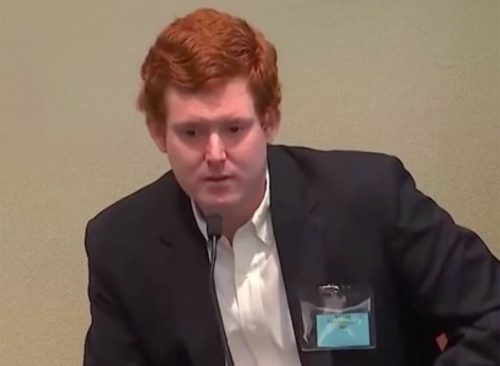
Waters also brings up the fact that during a police interview, Alex was asked if there were any threats to Buster, and he replied “no” to them. “Why is there no threat to Buster? Because he was a threat to Maggie and Paul. He knows there is no vigilante out there, that’s why he was never concerned about it,” Waters says














